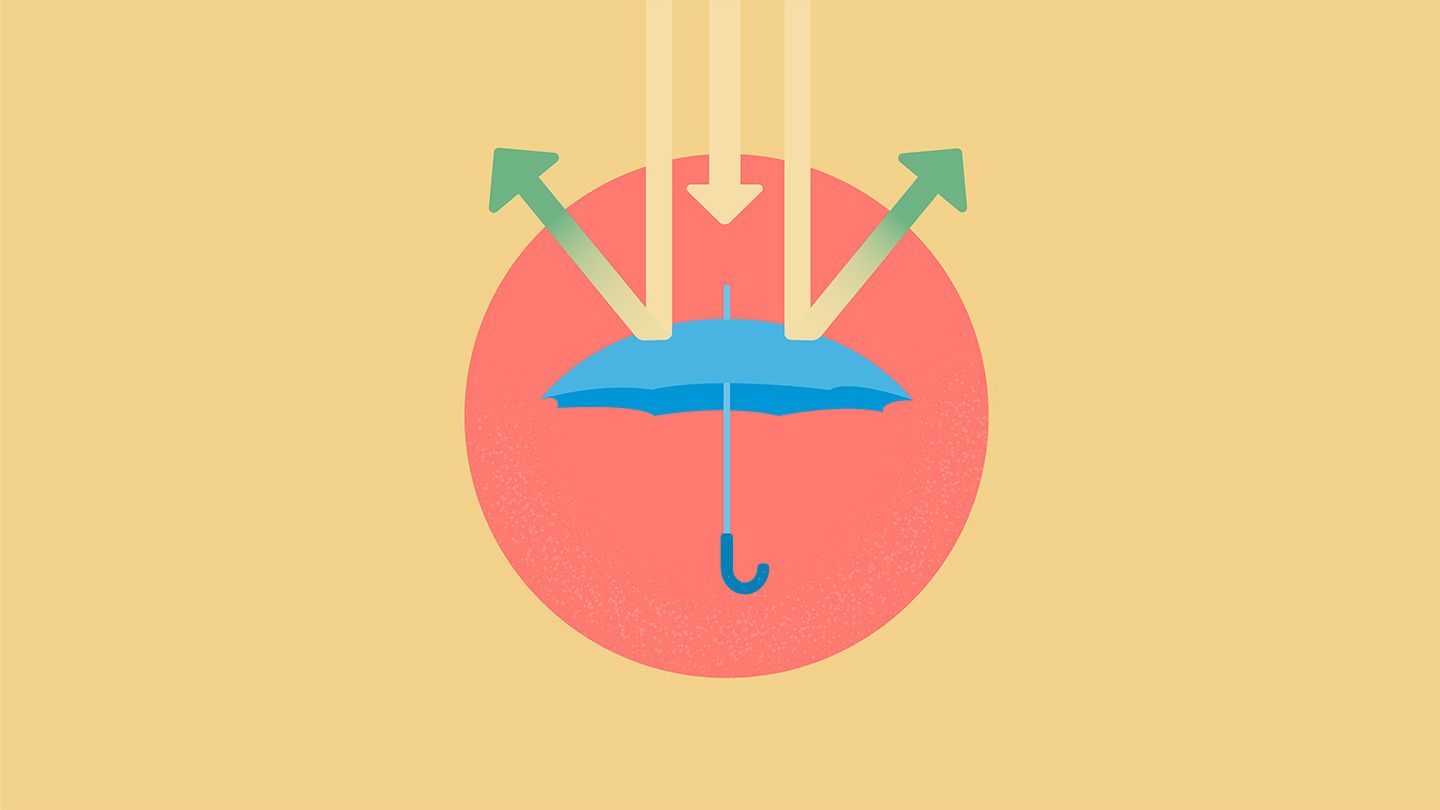Here’s what you can do to prepare for any type of disaster.
Hold a Family Meeting
First, identify the hazards specific to where you live, Haupt says. Then, hold a family meeting to discuss specific needs. Some factors to consider:
- What responsibilities will each family member have?
- Does anyone in the family have specific dietary or medical needs?
- Does anyone in the family have any access or functional needs, like wheelchairs or hearing aids?
- Do you have any pets to include in the plan?
- What property-specific aspects are important to keep in mind? For example, are there utilities to turn off or windows to board up?
- Who do you need to contact when a disaster strikes? For instance, are there loved ones who will want to know how you are? Do you need to contact any doctors or nonprofits that assist during disasters?
Make a Family Emergency Plan
“Having a plan is absolutely essential,” says Tom Cotter, MPH, the director of emergency preparedness and response with Project HOPE, a global health and humanitarian relief organization. “No amount of gadgetry, supplies, or equipment can take the place of a solid, well-thought-out plan.”
The Federal Emergency Management Agency (FEMA) Ready program provides free templates to help your family create a plan.
Cotter says good plans include steps for:
- What to do if communication is down (for example, establish a meeting point)
- Electrical backups
- Location information for reliable hospitals
- Contact information for trusted family, friends, and hospitals
- Evacuation routes and destinations
Cotter points out that plans are only useful if they’re followed, so it’s important to ensure that all family members “know the plan inside and out.”
Assemble an Emergency Kit
Put together a kit of emergency supplies and keep it in an easy-to-access location, Haupt says. She suggests including the following basic supplies.
- Clothing
- Nonperishable foods (canned, jarred, and boxed) and water
- Medical supplies, such as sufficient medication
- Pet supplies
- Battery-powered radio and extra batteries
- Flashlights
- Important family documents
- First-aid kit
- Tool kit
- Activities like playing cards or board games to occupy children
Marc Burdiss, the president of Preparedness Solutions, suggests making sure you always have:
- Extra medicine in case there’s a shortage or the pharmacy closes
- Cash, in case ATMs are unavailable because of power failure or network outage
- A tank of gasoline at home in a shed
- A generator (if possible)
“Those things can make all the difference between suffering and just being inconvenienced,” he says.
Read the full article here




